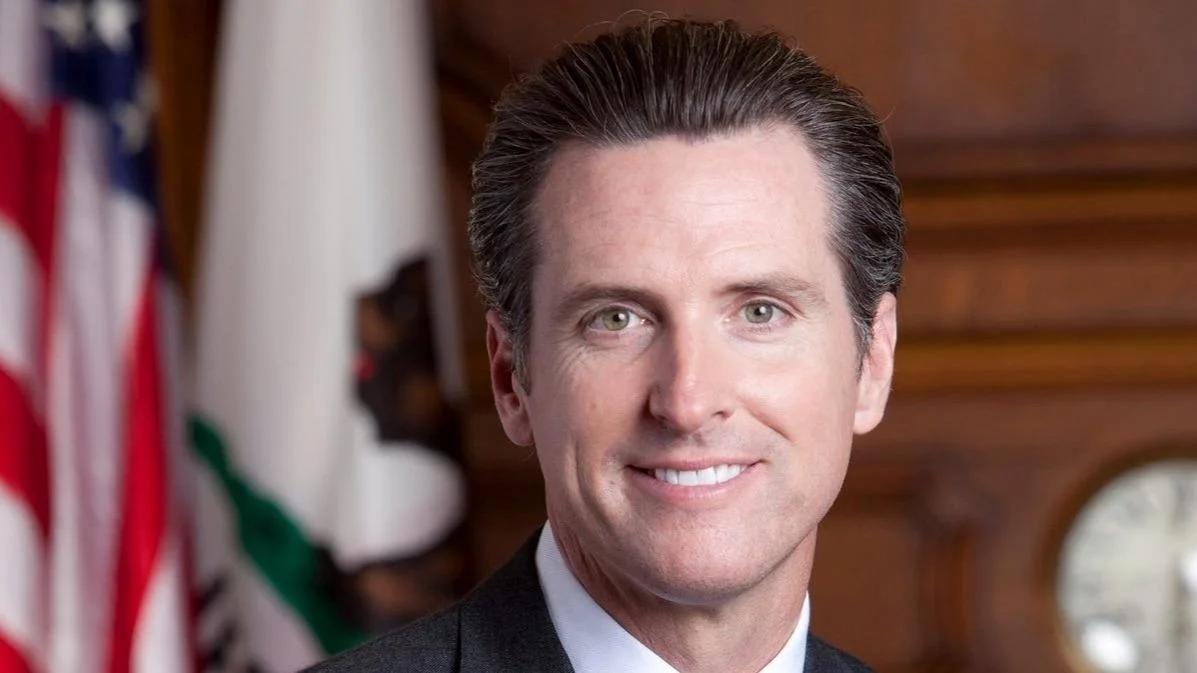
Gavin Newsom, Governor of California | Official website
California Governor Gavin Newsom has issued an executive order aimed at addressing rising suicide rates and social disconnection among young men and boys in the state. The directive calls for a coordinated response from state agencies to improve mental health outcomes, reduce stigma, and expand access to education, employment, and mentorship opportunities.
“Too many young men and boys are suffering in silence — disconnected from community, opportunity, and even their own families. This action is about turning that around. It’s about showing every young man that he matters and there’s a path for him of purpose, dignity, work, and real connection,” said Governor Gavin Newsom.
First Partner Jennifer Siebel Newsom added: “Women and men face different challenges — but there are systemic barriers we can take on together. Whether it’s the shortage of male mental health providers, outdated ideas about care work, or boys falling through the cracks in school, this Executive Order is a step toward real solutions. Our young men and boys are facing a crisis of loneliness and social isolation that is showing up in their mental health, educational outcomes, future economic opportunities, and more. Raising healthy boys will take all of us—moms, dads, teachers, coaches, and mentors—working together to find new ways forward.”
The executive order directs the California Health and Human Services Agency (CalHHS) to develop recommendations targeting suicide prevention among young men. CalHHS will also review data on gender disparities to identify gaps in service delivery.
Depression remains a leading cause of death among men. Men are less likely than women to seek treatment for mental health conditions. This has contributed to higher rates of disconnection from society as well as increased risk factors such as drug use or crime.
State data shows that while California has one of the lowest gun death rates nationally (https://www.cdc.gov/nchs/pressroom/sosmap/firearm_mortality/firearm.htm), approximately 3,200 Californians die from gun violence each year; suicides account for a significant portion of these deaths—especially among men aged 15–44 who die by suicide at three to four times the rate of women.
Young men also report increasing levels of social isolation; nearly one in four under age 30 say they have no close friends—a fivefold increase since 1990—with higher rates among Black males. Disconnection is linked with poor health outcomes including poverty or premature death.
Labor force participation for men without college degrees is at historic lows; about one in nine men aged 25-54 are neither working nor seeking work. Male unemployment exceeds female unemployment statewide while college enrollment rates for men have declined over the past decade.
To address these trends, the executive order instructs state agencies—including the Office of Service and Community Engagement—to identify ways to increase male participation in service programs such as California Volunteers (https://www.californiavolunteers.ca.gov/). The initiative also aims to improve recruitment efforts for male teachers and counselors within schools.
In addition to policy directives, $20 million was recently awarded through California Apprenticeship Council Training Funds (https://www.dir.ca.gov/das/DAS CAC.html) supporting apprenticeship training in building trades—a debt-free career pathway emphasized by Governor Newsom’s Master Plan for Career Education (https://cadetpathways.org/master-plan-for-career-education/). The state seeks to serve 500,000 apprentices by 2029; so far more than 219,000 have participated.
Programs like California’s Youth Employment Opportunity Program provide workforce support for at-risk youth ages 15–25 across the state (https://edd.ca.gov/en/jobs_and_training/youth_employment_opportunity_program/). In March 2025 approximately $1.7 million was awarded under federal Workforce Innovation funds through EDD/LWDA's Opportunity Young Adult Evaluation program supporting organizations assisting young adults with education or employment goals (https://edd.ca.gov/en/jobs_and_training/wioa/).
Other ongoing initiatives include:
- California Jobs First: A statewide plan investing $125 million in new projects plus $92 million for job programs.
- Mental Health For All: A plan focused on building an equitable behavioral health system.
- Proposition 1: Approved by voters in 2024 providing $6.4 billion via bonds for treatment facilities/housing.
- Children & Youth Behavioral Health Initiative: Billions invested into workforce expansion/integration across care settings.
- California Community Schools Partnership Program: Over $4 billion transforming public schools into community hubs offering integrated services.
- California Volunteers: Engaging residents statewide through civic action/service opportunities—the largest such force nationally.
Since taking office in 2019 Governor Newsom has prioritized reaching underserved communities by expanding access to basic services while actively assessing disparities affecting opportunity/outcomes.
 Alerts Sign-up
Alerts Sign-up